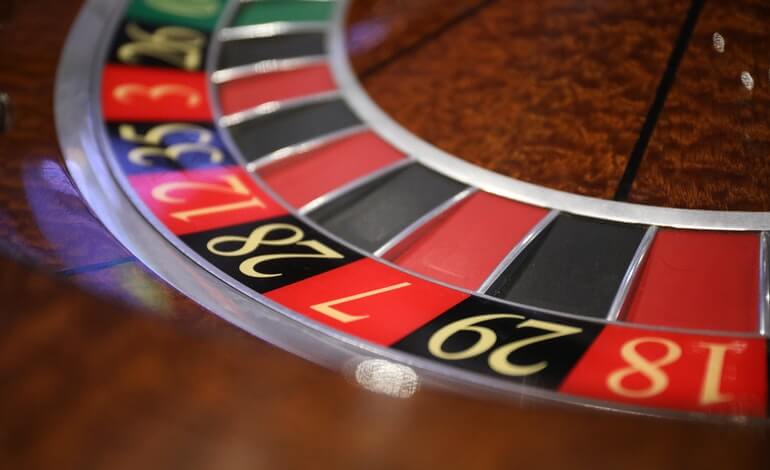Roulette history probably isn’t your topic of interest. But even if you don’t consider yourself a gambling person, you’re almost certainly familiar with the word roulette and its use in both land-based and online casinos. Deceptively simple, roulette is widely considered a game of luck. The “gambler’s fallacy” has certainly made it one of the most popular casino games ever. After all, if you haven’t won in a while, it’s more likely that you’ll win on the next spin, right?
What is it that makes the game of roulette so attractive? Why is it such a common cause of gambling addiction? And, most importantly, where did it actually come from? Considering its enormous popularity in the US, you may be wondering when roulette came to the New World. There is more than one theory as to how the game came to be, so we’ll try to give you the most authentic versions of its history.
Truth be told, to get more insight into the history of roulette, we need to sail back to 17th-century Europe – France, to be precise. In 1658, the great physicist and mathematician Blaise Pascal caused a revolution among the European scientific community. He wrote an anonymous letter to other European mathematicians inviting them to enter a competition, or what was termed a commonality at the time.
He organized a competition to have as many scientists as possible help him solve a problem. They presented their works, the winner was announced, and – voila! – roulette was born to the world.
Roulette’s origin is interwoven into Histoire de la Roulette, written collaboratively by Pascal and Perosnier de Roberval. Their work won the competition and is considered the first to explain the true meaning of roulette. While roulette has also been associated with contributions from other countries, including China and Italy, Pascal’s studies and his interest in the topic have received the biggest acknowledgement.
There is also a story about roulette being developed from the English game Roly Poly. However, Pascal’s perpetual motion machine, also called Pascal’s roulette machine, has made a much stronger mark on history.
Roulette Goes Global
Throughout the history of the game, the name of King Charles III of Monaco has often been associated with roulette. There are various stories about his gambling-related laws and restrictions, but many people think he contributed to the house edge getting bigger by adding the zero to the roulette wheel. Moreover, he took the credit for the financial stability of Monaco by opening the big casino and making it available to everyone.
It is accepted that until the end of the 18th century, the game was widespread, but roulette history was mostly written in France, Germany, and Monaco. According to some historical sources, roulette was played in Paris in 1796. At this time, roulette wheels had both a single and a double zero. Two Frenchmen – Francois and Louis Blanc – were credited for creating a single-zero roulette wheel to help casinos boost their business by promoting a lower house edge.
There are many different stories about their work and travel across Europe, but one thing is for certain; they changed roulette wheel numbers by adding the single zero.
While the game may have started in Europe, its biggest boost undoubtedly came from the United States. By the time it crossed the Atlantic, roulette was the big thing in Europe, but the Americans didn’t like it so much at first. They wanted the game to be more lucrative for the casinos, which is why they added another zero and increased the house advantage. By making double-zero roulette, they developed what is now known as American roulette.
Now that we’ve explored the history of the game, we should say something more about roulette itself – the game, structure, odds, earnings, and so on. At first glance, this game seems to be mostly about placing a bet, picking a number, the dealer throwing a ball into the spinning roulette wheel, the dealer closing the bets, and you waiting for the ball to stop. Sounds easy, right? Well hang tight because there’s a bit more to it.
The Name of the Game
Roulette is the French word for “little wheel,” but roulette rules show that there’s more to the game than just casually throwing roulette chips and haphazardly betting on every spin. Instead, you should take the time to learn the different bet types and odds that you can find in the casinos. It means you should learn roulette terms, know the balance between risk and reward, and develop an adequate strategy. This way, you’ll be more likely to enjoy the game and give yourself the best chance of growing your credits.
Although it’s difficult to define an effective roulette strategy, there are steps you can take to increase your odds of winning.

